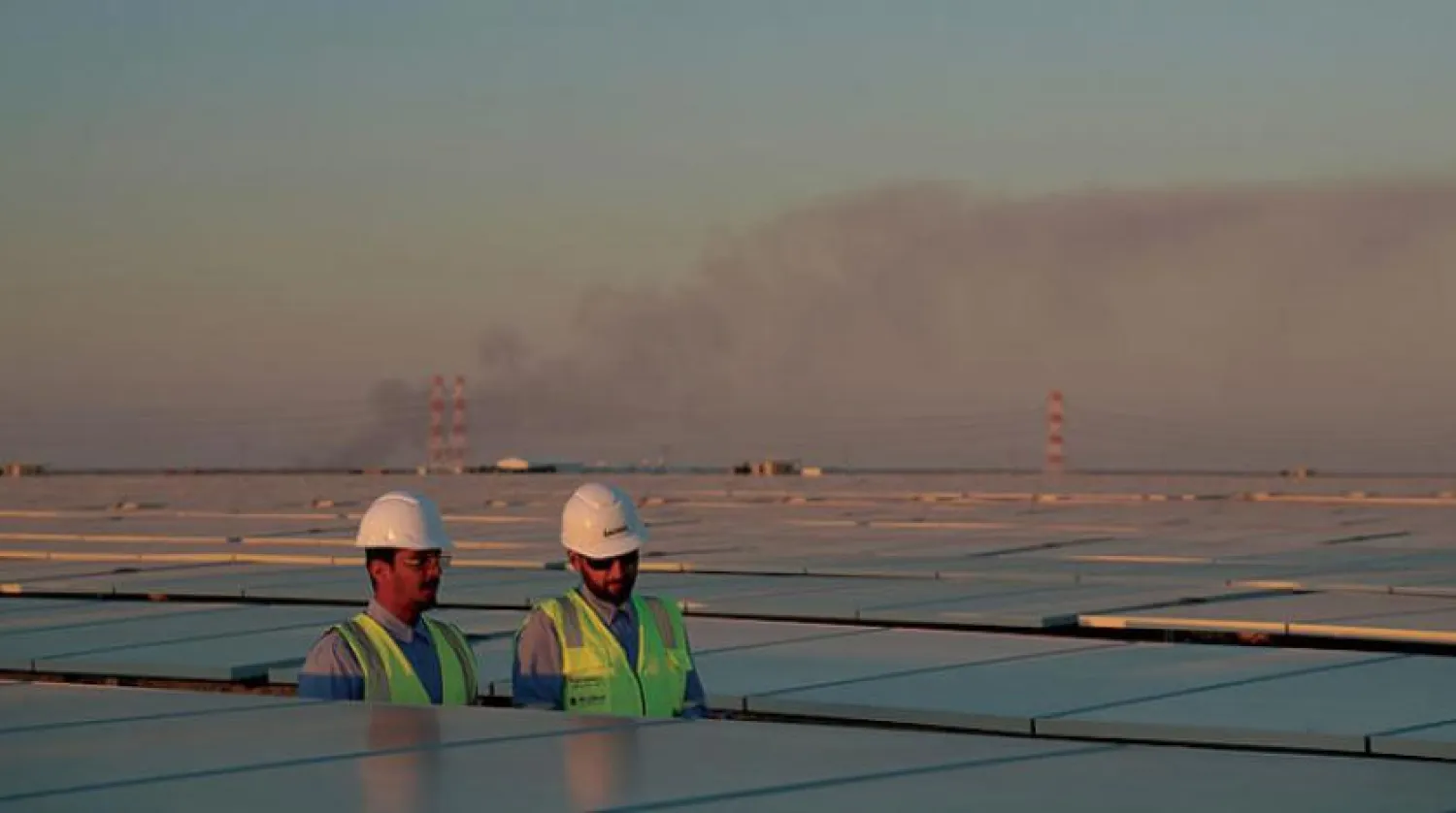Saudi Arabia, represented by the Ministry of Energy, announced on Thursday the allocation of two plots of 12 million square meters for the development of two renewable energy plants in Saudi cities, within a strategy to diversify the energy mix.
The Kingdom revealed a project to build a plant with a capacity of 600 megawatts in the Jeddah 3rd Industrial City and the Rabigh Industrial City through the Saudi Authority for Industrial Cities and Technology Zones (Modon).
The Kingdom aims to achieve the optimal mix of energy - the most efficient and the least expensive in the production of electricity - by replacing liquid fuels with natural gas, in addition to renewable energy sources, which will constitute approximately 50 percent of the energy mix for electricity production by 2030.
Under the patronage of Crown Prince Mohammad bin Salman, Saudi Energy Minister Prince Abdulaziz bin Salman recently inaugurated the Sakaka solar power plant project, with a production capacity of 300 megawatts.
The ministry explained that the National Renewable Energy Program constituted one of the main enablers to achieve the optimal energy mix and the strategic objectives of the electricity sector by creating a competitive environment that would attract private sector investments and encourage partnerships between the public and private sectors.
The Saudi Authority for Industrial Cities and Technology Zones (MODON) provides products and services to its investing partners to promote renewable energy projects in the Kingdom.
The ministry worked with the authority to provide the necessary lands for these projects within a number of industrial cities, including the Jeddah 3rd Industrial City and the Rabigh Industrial City.










